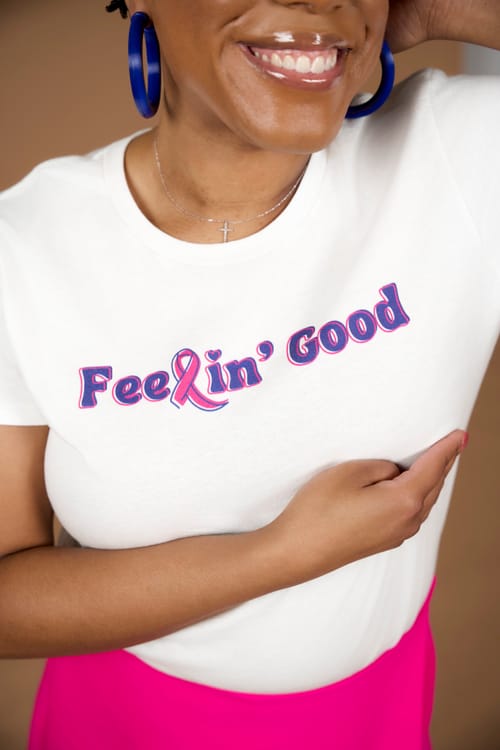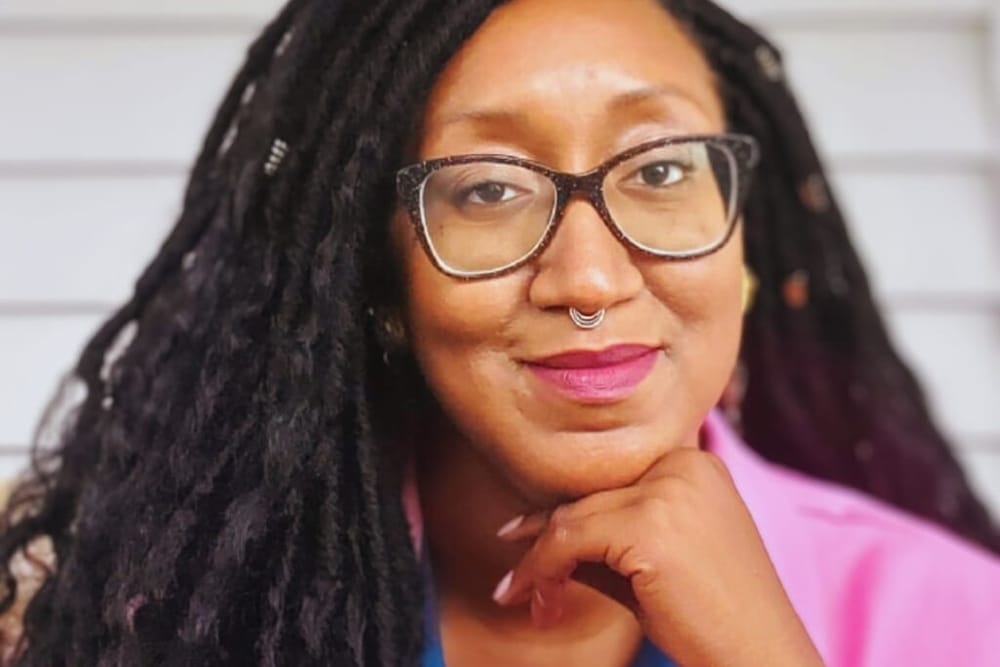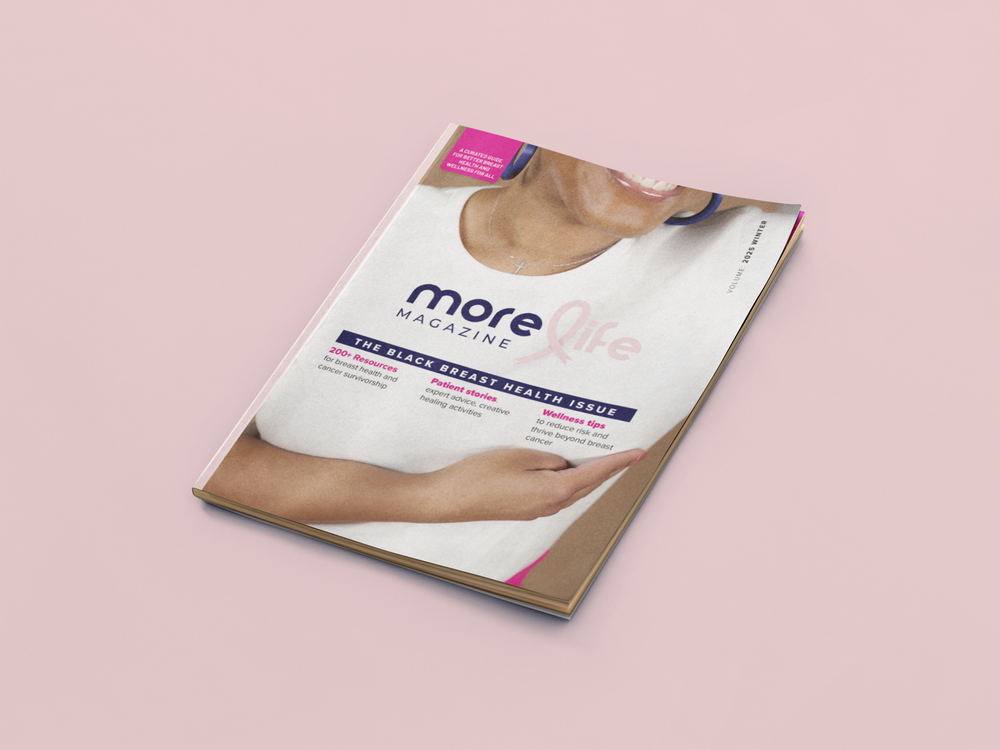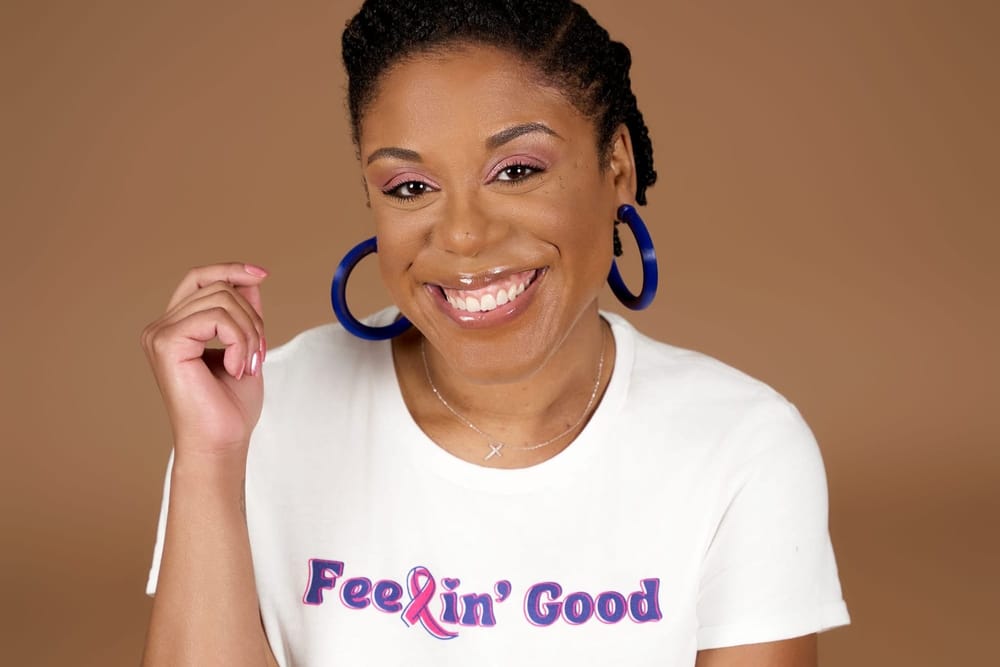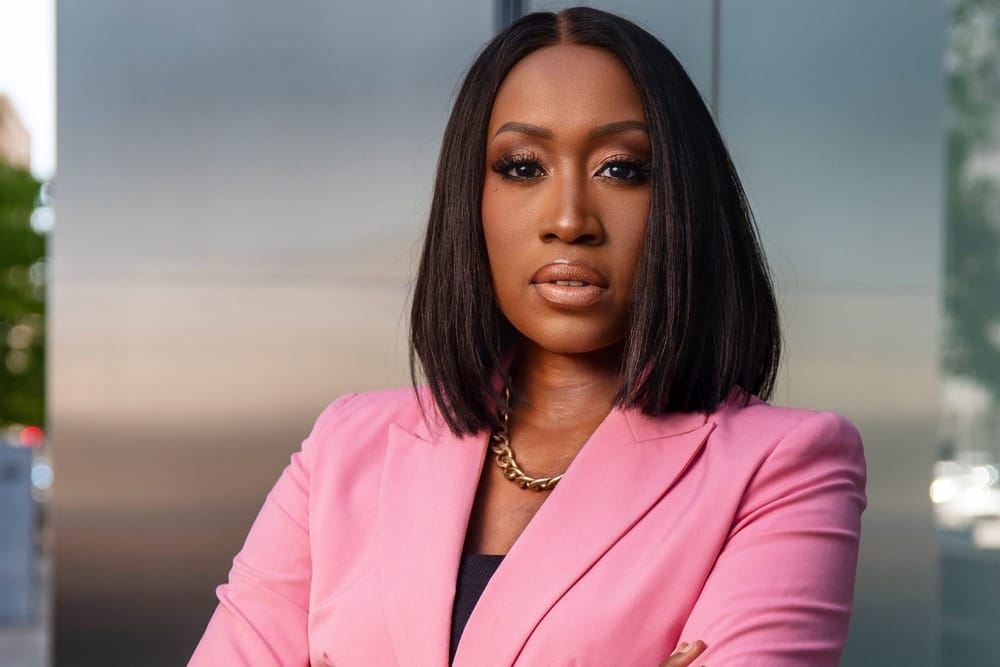Written by Ann-Marie Appiah Swatson
The beauty industry has experienced rapid growth in recent years, becoming a billion-dollar powerhouse. Communication and networking, especially among women, are essential for effectively navigating the clean beauty space. These connections facilitate the sharing of knowledge and the discovery of new insights.
In line with this, Painted Pink Prevention interviewed Eunice Cofie-Obeng, President and Chief Cosmetic Chemist of Nuekie. Eunice is a recognized expert in the cosmetic and pharmaceutical industries, with a background in chemistry and molecular biology, focusing on common skin disorders, particularly among people of color.
Nuekie, a clean beauty company inspired by Eunice's Ghanaian heritage, specializes in skincare for people of color. The company plans to release nine new products targeting acne and hyperpigmentation, tailored to meet specific demographic needs.
Understanding Ingredients and Preservatives
Eunice emphasizes the importance of understanding skincare ingredients, particularly when it comes to commonly debated ingredients like parabens. Parabens are a group of chemicals used as preservatives in cosmetics and skincare products. Their primary role is to prevent the growth of harmful bacteria and mold, extending the shelf life of products and ensuring they remain safe to use over time.
Although studies suggest parabens don't directly cause breast cancer, parabens are known to interfere with the body’s hormonal system. According to breastcancer.org, parabens can act like estrogen which has raised concerns about their potential impact on hormone-related health issues, such as breast cancer and reproductive health problems. Because estrogen can make hormone-receptor-positive breast cancer develop and grow, some people choose to limit their exposure to the chemical.
Eunice advises consumers to explore natural alternatives and rely on trustworthy resources, such as the Cosmetic Ingredient Review, for making informed decisions about personal care products. She clarifies the distinction between stable preservatives, which are safe for use, and carcinogens, which are substances that may increase the risk of cancer. Eunice specifically mentions ultraviolet (UV) radiation as a potential carcinogen that can lead to skin cancer, explaining that UV rays are a form of energy emitted by the sun.
Critical Ingredients and Considerations
Eunice advises against using harsh exfoliants for people with acne-prone skin and recommends avoiding fragrance-heavy products for cancer patients with compromised immune systems, as these can increase sensitivity. She also highlights the potential impact of certain medications and treatments, such as radiation and chemotherapy, which may cause changes to the skin and nails.
Vitamin D deficiency is a common issue for Black women and often comes up in discussions about sun protection. For people of color, Eunice encourages the use of physical sunscreens over chemical ones, particularly for people of color. Physical sunscreens are generally less irritating and provide effective protection without causing skin sensitivity, making them a better choice for maintaining both skin health and overall well-being.
Creating a Skincare Routine
When creating a skincare routine, Eunice emphasizes the importance of knowing your skin type to choose suitable products. She recommends a basic routine: "Many people like to do the Korean skincare that's 12 steps, but you really don't need all of that. I like to keep it simple – you just need a cleanser, a toner, a treatment serum, and a moisturizer." Chemical exfoliants and gel-based cleansers are ideal for combination and oily skin, while cream-based cleansers suit dry skin.
Skincare routines can also vary across age groups. In the 20s, the focus is on acne prevention, transitioning to anti-aging in the 30s. Adjustments should be made based on hormonal shifts and seasonal changes, with specific recommendations for mask-wearing scenarios, like during the COVID-19 pandemic. "You want to create a barrier, and using Vaseline actually protects the skin's barrier from outside elements."
Final Tips on Skincare
Double cleansing is crucial, especially for makeup wearers. It involves using an oil-based cleanser first to dissolve makeup, followed by a regular cleanser. This method effectively removes makeup, dirt, and debris, reducing the risk of breakouts. Aestheticians typically employ this technique during facials for thorough cleansing.
"Tretinoin is a prescription drug, basically vitamin A or retinoid prescribed for those dealing with acne, and I highly recommend it." However, it can cause dryness and mild scaling. It is crucial to use plenty of hydrating products alongside tretinoin to mitigate these effects and ensure optimal results in the skincare routine.
Vitamin C is versatile and suitable for everyone. It excels in addressing hyperpigmentation, making it highly recommended for those focusing on anti-aging or dealing with skin discoloration.
For more tips on clean beauty and breast cancer prevention, check out the rest of our blogs. If you need additional support, the team behind Painted Pink is always at your service.
We want your feedback!
Did you learn something helpful or find a new resource? Tell us how we're doing by completing a short 5-question survey and get the chance to win a $25 Amazon gift card.
Take the Survey